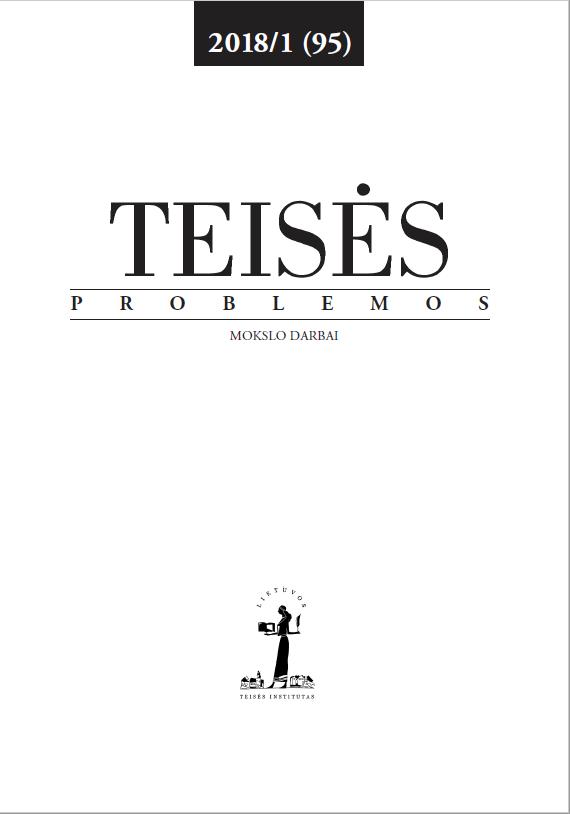Korupcija rinkimuose: rinkėjų papirkimų atvejų analizė
Corruption in Elections: Analysis of Voter Bribery Cases
Author(s): Elena MasnevaitėSubject(s): Criminal Law, Corruption - Transparency - Anti-Corruption
Published by: Lietuvos teisės institutas
Summary/Abstract: The article deals with voter bribery cases in terms of electoral law. A particular focus of research is drawn on the factual situation of this phenomenon of political corruption in Lithuania, the state of legal regulation and problems of its practical application, challenges being faced by institutions and society when seeking for transparent and democratic elections and appropriately legitimate formation of political representative institutions or an outcome of question solved by a referendum. The author is analysing whether currently invoked control, reaction and anticorruption measures are sufficient and contribute towards effective implementation of provisions of electoral (referendum) laws foreseeing prohibition to bribe voters and persons eligible to vote. The samples of voter bribery cases are presented in order to illustrate how differently content of prohibition to bribe voters and persons eligible to vote is perceived by subjects to whom it is addressed and main institution, i. e. the Central Electoral Commission, which conducts control of its observation. As well it is analysed why in Lithuania this illegal form of electoral agitation is still popular, despite sanctions being applied and certain preventive activity being carried out. Prohibition to bribe voters and persons eligible to vote to Lithuanian electoral laws was introduced in 2005, but such practice is still popular among participants of political campaigns and persons related to them, while “electoral agitation” of such kind itself takes on new and more sophisticated forms, which are “resistant” for relevant identification and qualification. There are several factors influencing this. Firstly, preventive mechanisms do not work properly or are applied too moderately. Secondly, legal regulation in this field is partly inconsistent or ambiguous, therefore some of violations are programmed automatically. In this respect the situation should change after adoption of Elections Code. Thirdly, the Central Electoral Commission does not possess enough control measures and its pratice not in all cases is consistent or reasonable. Fourthly, sanctions foreseen in electoral laws for violations of prohibition to bribe voters and persons eligible to vote not in all cases are applied properly. However, principled position of the Constitutional Court, increasing civil society involve¬ment in democratic process and stricter attitude of the Central Electoral Commission during political campaigns presupposes that recently more and more investigations concerning potential bribery of voters and persons eligible to vote are being carried out. Although the number of violations detected is relatively constant, the situation is improving and more frequently violations are of a nature which does not require to apply ultima ratio sanction of elimination, which could be questioned in the light of legal-democratic efficiency.
Journal: Teisės problemos
- Issue Year: 2018
- Issue No: 95 (1)
- Page Range: 26-54
- Page Count: 29
- Language: Lithuanian

